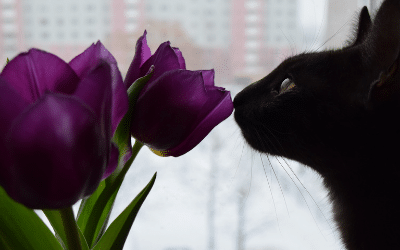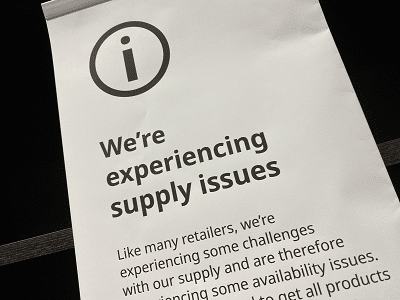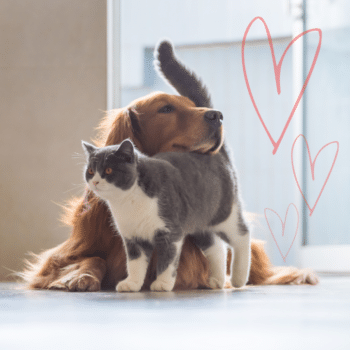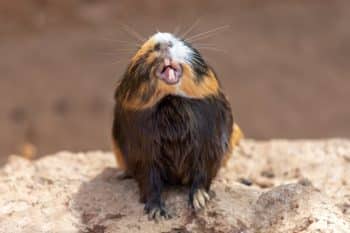Many of us enjoy having houseplants to bring life to our homes.
However, many common houseplants are toxic to our furry and feathered friends. It is a good idea to do some research before purchasing a plant for your home. When receiving a plant as a gift, take a moment to see if it poses a danger to your companion.
Curious kittens and playful dogs can see brightly colored flowers and low hanging leaves or branches as a toy and can easily tear off a small piece of the plant without you noticing.
There are many plants that are generally considered safe for pets such as the Spider Plant, Lemon Button Fern, Prayer Plant, Christmas Cactus, as well as African Violets. Keep in mind, however, that consumption of any plant material can cause digestive upset.
It is best to keep all plants out of reach of curious pets.
The following are just a few common houseplants that are toxic to pets. If in doubt, move a houseplant to a room your pet does not spend time in, or gift it to a friend without pets in their home. *Note: many plants have several common names so check the scientific name to be sure.
Lilies (Lilium and Hemerocallis)
Certain types of lilies are toxic to cats, including the “Easter Lily”(Lillium) and Daylily (Hemerocallis). Ingesting even a small amount of these plants can cause severe kidney damage in cats. All parts of the plant, including the pollen and even water in the pot’s saucer, are toxic. Urgent veterinary care is necessary if your cat has ingested any part of this plant. Dogs may experience minor stomach upset after consuming these types of lilies.
Tulip and Daffodil (Tulipa/Narcissus)
The bulbs, and to a lesser extent the leaves of tulips and daffodils contain toxic compounds. These toxins can cause drooling, nausea, vomiting, diarrhea, convulsions, trembling, increased heart rate, and difficulty breathing in cats, dogs, and birds.
Sago Palm (Cyads, Zamias, Coontie Plant, Cardboard Palm)
There are many different species of Sago Palm sold as houseplants. All are toxic, with the seeds (nuts) being the most toxic part of the plant. A dog or cat will exhibit drooling, depressed appetite, vomiting, and diarrhea within a few hours of eating the nuts. Weakness, seizures, tremors, and liver failure can be seen within a few days. Aggressive treatment must be initiated right away if your pet has eaten Sago Palm.
Chandelier Plant, Mother of Millions, Devil’s Backbone (Kalanchoe)
This plant contains poisons that affect the heart in cats, dogs, and birds. All parts of the plant are toxic (including the water from the vase or pot), and cause drooling, vomiting, dilated pupils, tremors, seizures, and abnormal heart rate.
Rubber Plant (Ficus)
All parts of this plant, including its sticky sap, are toxic to cats, dogs, and birds. It can cause vomiting, diarrhea, lack of appetite, and skin irritation.
Philodendron (Heartleaf, Satin Pothos)
All Philodendron plants contain crystals of calcium oxalate. When parts of the plant are eaten by your dog, cat, or bird, they may begin to drool immediately and paw at their face. Foaming at the mouth, excessive salivation, vomiting, moderate to severe swelling of the lips, tongue, and upper airway may occur as well, causing difficulty breathing or swallowing.
If your pet has ingested a plant that you suspect is toxic, contact your veterinarian as quickly as possible. Do not wait to see if your pet gets sick. Take a sample (or photo) of the plant with you, as this will help your veterinarian determine the best treatment plan.
LifeLearn News
Note: This article, written by LifeLearn Animal Health (LifeLearn Inc.) is licensed to this practice for the personal use of our clients. Any copying, printing or further distribution is prohibited without the express written permission of Lifelearn. Please note that the news information presented here is NOT a substitute for a proper consultation and/or clinical examination of your pet by a veterinarian.










